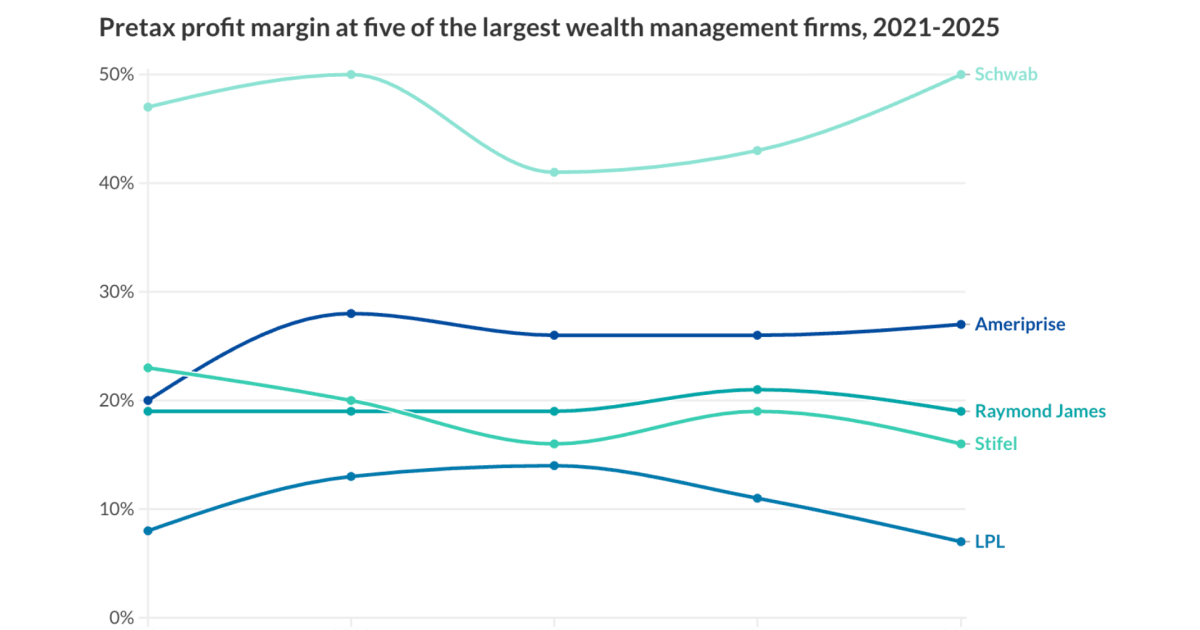In the competitive landscape of banking exams, where numerical prowess is a prerequisite, mastering the quantitative aspect is crucial for success. The Quantitative Quotient (QQ) plays a pivotal role in determining your performance in these exams. Whether you’re a novice or an experienced candidate, honing your math skills is essential to stand out in the crowd. In this blog, we will explore effective strategies to enhance your quantitative abilities and navigate the challenging terrain of banking exams.
Understanding the Significance of Quantitative Quotient
The Quantitative Quotient measures your ability to interpret and solve mathematical problems swiftly and accurately. Banking exams often feature sections that assess your proficiency in areas like arithmetic, algebra, geometry, and data interpretation. A strong QQ not only boosts your overall score but also enables you to solve problems efficiently, giving you a competitive edge.
Strategies to Enhance Your Quantitative Quotient
Establish a Solid Foundation
Before diving into complex problems, ensure you have a strong foundation in basic mathematical concepts. Review fundamental topics such as arithmetic operations, percentages, ratios, and proportions. Strengthening your core knowledge will build a robust platform for tackling more advanced problems.
Practice Regularly
Consistent practice is the key to improving your quantitative skills. Solve a variety of problems from different topics regularly. This not only helps you identify your strengths and weaknesses but also enhances your problem-solving speed. Utilize resources like previous year question papers and online practice tests to simulate exam conditions.
Learn Shortcuts and Tricks
Time is of the essence in banking exams. Familiarize yourself with shortcut methods and tricks to solve problems quickly. Techniques like mental calculation, approximation, and smart use of formulas can save valuable time during the exam. Invest time in understanding these methods and incorporate them into your practice routine.
Focus on Time Management
Develop a time management strategy to allocate appropriate time to each question. Prioritize questions based on your comfort level and the time required for solving them. Avoid getting stuck on one challenging problem that could jeopardize your chances of attempting easier questions later.
Stay Updated on Exam Patterns

Banking exams often evolve, with changes in question patterns and difficulty levels. Stay updated on the latest exam patterns and adjust your preparation accordingly. Familiarity with the format and types of questions will boost your confidence and preparedness.
Seek Guidance and Resources
Don’t hesitate to seek guidance from mentors, teachers, or online resources. Joining coaching classes or online forums can provide valuable insights, tips, and additional study materials. Engaging with a community of aspirants can offer a support system and shared learning experiences.
Review and Analyze Mistakes
Regularly review your practice sessions and analyze the mistakes you make. Understand the underlying concepts behind each error and work on eliminating recurring issues. Learning from mistakes is crucial for continuous improvement.
Conclusion
Developing a high Quantitative Quotient is a journey that requires dedication, consistent effort, and strategic planning. By establishing a strong foundation, practicing regularly, and adopting effective strategies, you can boost your math skills and confidently tackle the quantitative section of banking exams. Remember, success in these exams is not just about the correctness of your answers but also about your ability to solve problems efficiently within the given time constraints. Embrace the challenge, stay focused, and watch your Quantitative Quotient soar to new heights. Good luck!






